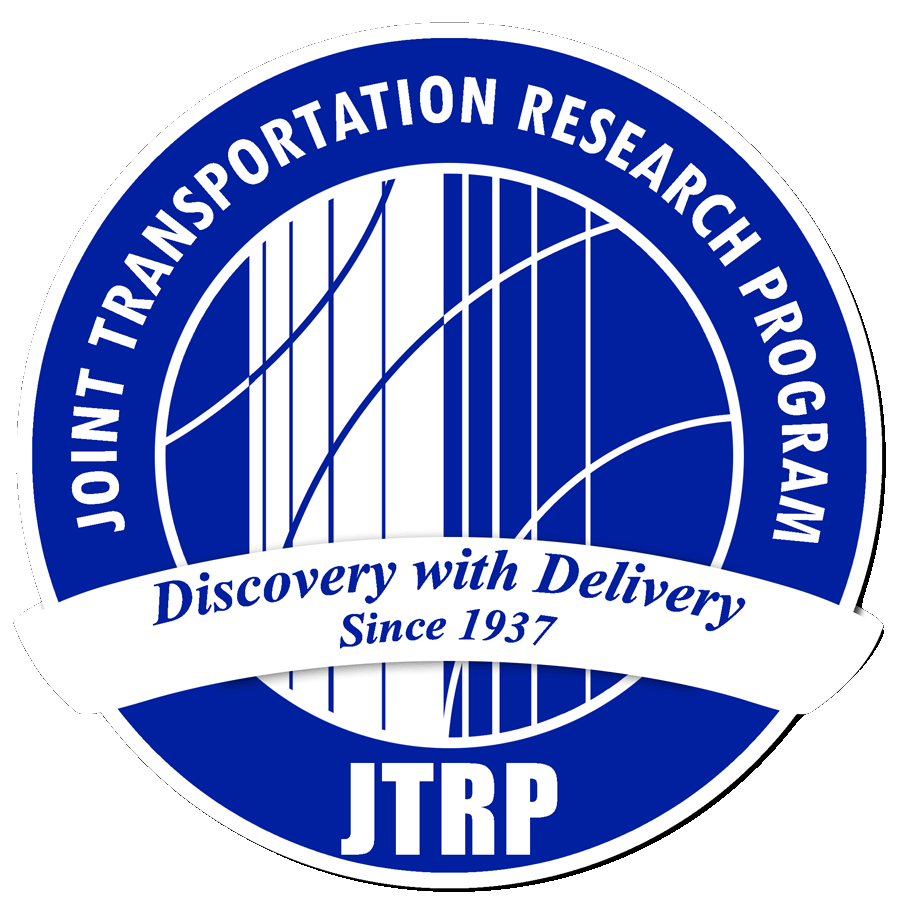Recommended Citation
Li, Howell; Peters, Logan; Banuelos, Christina; Zaugg, Jonathan; Sharma, Anuj; and Bullock, Darcy M., "Leveraging Snow Plow Dashboards Cams and Connected Vehicle Speed Data to Improve Winter Operations Performance Measures" (2019). JTRP Affiliated Reports. Paper 29.
https://doi.org/10.5703/1288284317080
DOI
10.5703/1288284317080
Date of this Version
2019
Keywords
winter weather, automatic vehicle location, connected vehicle, weather imagery, winter maintenance
Abstract
Recent developments in mobile phone applications for polling traffic and roadway condition data from the public have led to new data sources that complement traditional Intelligent Transportation System (ITS) sensors, weather stations, and automatic vehicle location (AVL) on fleet vehicles. This study compared qualitative assessments by different users of snow plow dashboard images with interstate connected vehicle speeds. The data set was composed of 1,119 geotagged images collected during a snowstorm on February 2-3, 2016, on Interstate 80. The images were classified by three users into one of seven categories to describe the road conditions. The classification of images saw the greatest deviation when road conditions were “wet,” “dry,” or “icy,” suggesting some variation in the interpretation of these categories by the users. Connected vehicle speed data was used to validate conditions and analyze speeds at GPS locations of each image for a two-hour window around when the image was taken to identify any potential impacts the plows have made. The Kolmogorov-Smirnov test was used for all before and after combinations to determine which comparisons were the most significant between minutes before and after the plow, and found that speed data taken between 17 to 12 minutes before the plow had the greatest maximum distance improvement on the speed distributions 25 to 35 minutes after the plow has gone through. Longer term, these techniques will provide a framework for agencies to dynamically monitor changing road conditions and respond to changing weather conditions.


